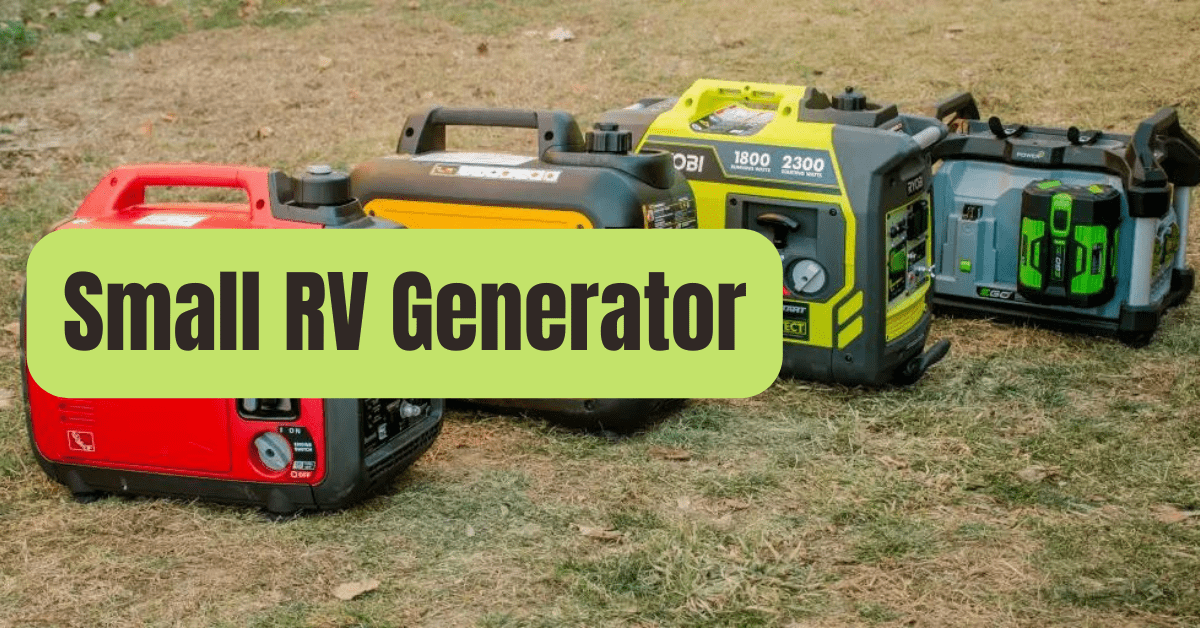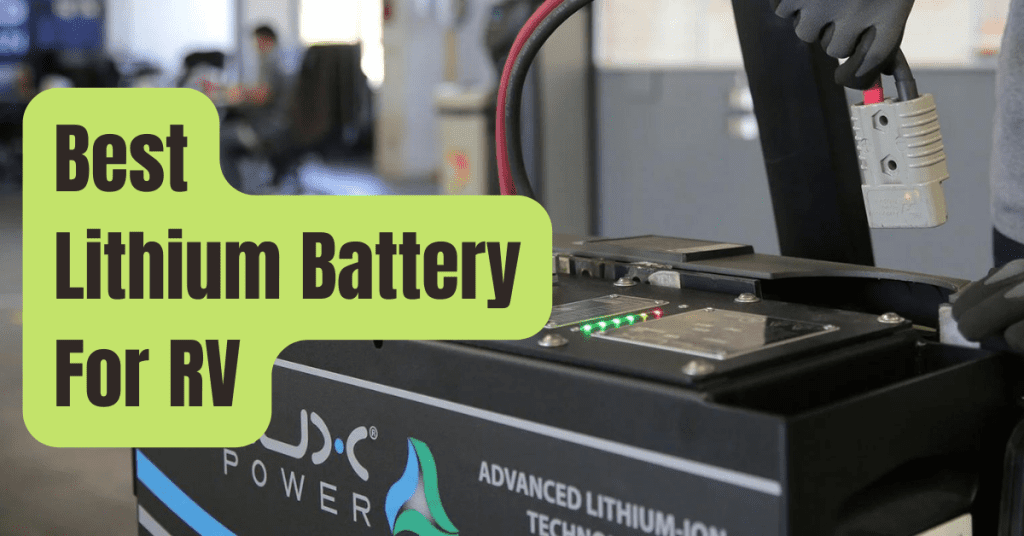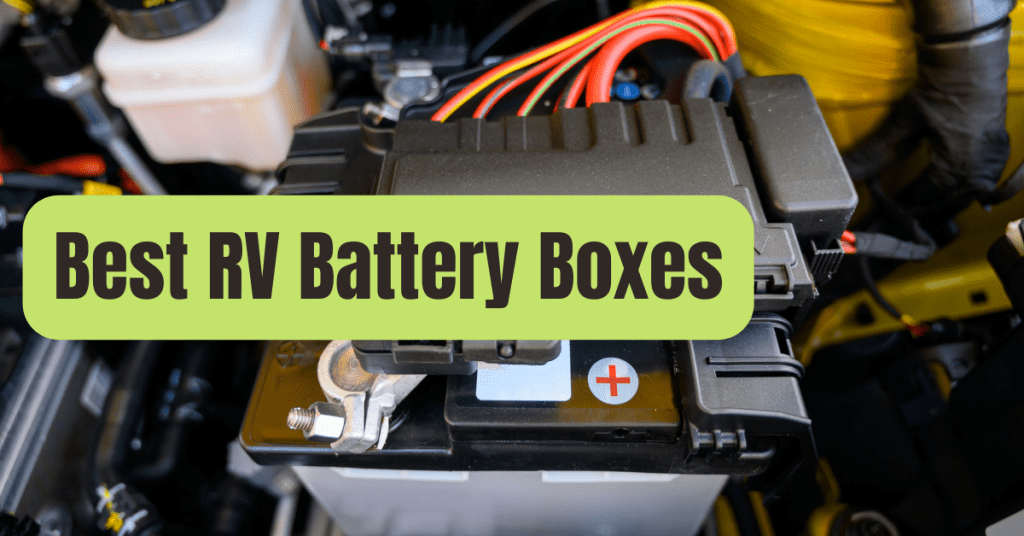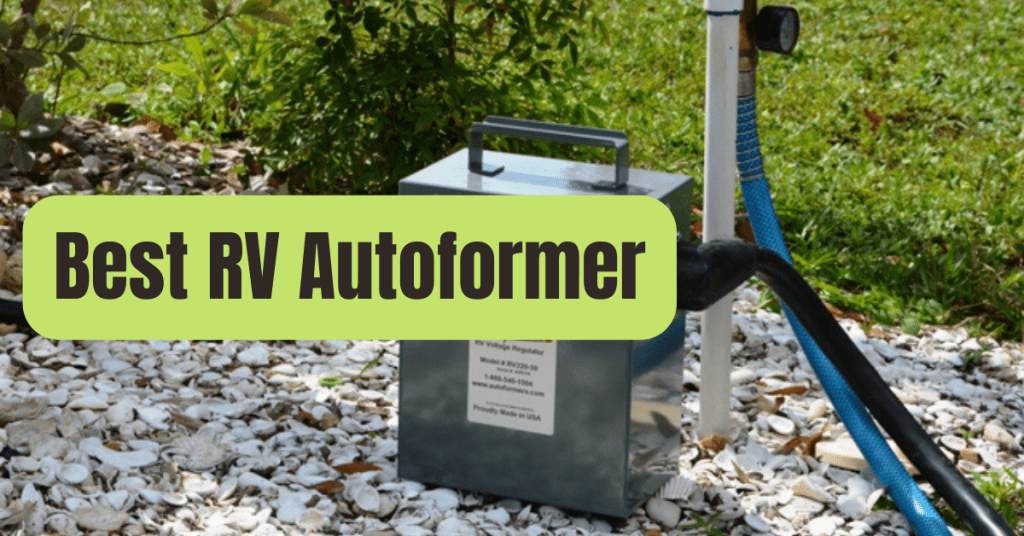While many RV campers depend on power connections, some may drive to dry camping locations and need a backup power source.
Small generators may provide enough power to operate your RV’s array of luxuries for individuals who love to go far off the beaten road in their RVs.
In the event that your RV battery fails, they may also give electricity for a jump start.
However, not all tiny generators are created equal, and not all will meet your requirements.
That’s why it’s critical to know what sort of generator you’ll need, how you’ll usually use it, and how much overall power it can provide.
Adding a dependable generator to your RV is a reasonably simple approach to increase the mobility and functioning of your vehicle.
Inverters vs. Regular Generators
The first question you should ask when buying a tiny generator is what kind you’ll need.
Larger generators may supply more electricity, but their big size, high operating power, and loud operation noise make them unsuitable for RVs.
Large generators may sometimes cause harm to your electrical gadgets owing to frequency variations.
Many of these issues are addressed by inverters, which enable you to use personal gadgets like as phones, computers, and Wi-Fi devices.
Inverters convert DC electricity into AC electricity.
Pure sine wave inverters provide a regulated AC current, ensuring a constant electric signal that won’t harm your equipment.
(Square wave inverters and modified sine wave inverters are two different kinds of inverters.)
Inverters may also be set to operate in economy mode, enabling the generator to provide just the amount of current required to power whatever is plugged in.
When you just need to power a laptop or charge a phone, the generator will run at a modest pace.
Only utilize Economy mode when you have a light load.
One gallon of water may last more than six hours if used properly.
Inverters also have the benefit of producing less noise even at maximum speed.
The sole disadvantage of employing inverters is that they can only generate a limited amount of electricity owing to their tiny size and mobility.
Various users may find that 2000 or even 3000 watts of starter power is insufficient for some items.
Two of the same generators, however, may be connected in parallel to offer a larger surge watt rating, enabling you to power big objects or even jump-start cars.
Here are some of the finest tiny generators for RV boondockers, with a variety of sizes to choose from.
Generators With A Power Output Of 2000 Watts
These little generators are ideal for providing basic electricity.
With 2000 watts, you should be able to concurrently power a freezer, an electric stove or microwave, and a few lights.
They have enough power to operate most devices and appliances in general.
They may, however, fail if you have more than two or three appliances on at once, particularly if they have a higher beginning wattage.
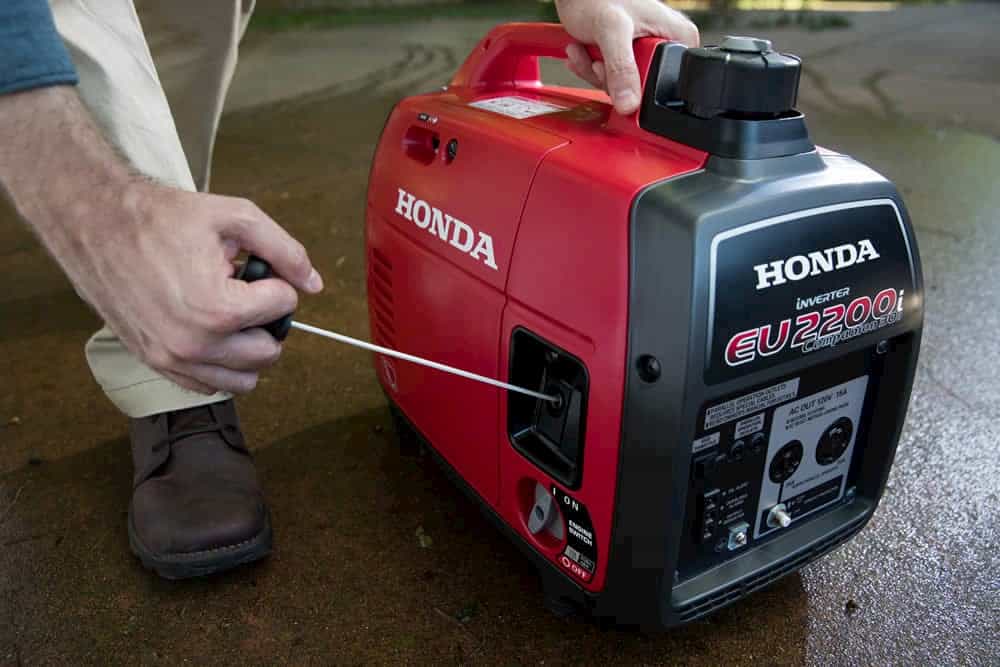
#1. Yamaha EF2000iSv2
Among RV owners, this is one of the most popular compact generators.
The Yamaha EF2000iSV2 is one of the lightest and quietest generators on the market, weighing just 44 pounds.
It’s a terrific and handy companion for an off-grid camping trip at that size.
It has ‘Smart Throttle’ technology, which reduces gas usage while maintaining silent operation.
The starting power of this generator is 2000 watts, while the operating power is 1600 watts.
It also has an overload breaker to ensure that neither your electronics nor the generator are damaged.
Furthermore, two Yamaha generators may be daisy-chained together to provide enough power to operate 30A appliances.
A 12V DC outlet is also included.
#2. Honda EU2200i
This is another fantastic generator with comparable characteristics but a bit more power.
This makes it an excellent choice for individuals who want more starter watts for tools or other high-power devices.
It’s also small and light, making it simple to transport.
It has 2200 watts of starting power and 1800 watts of operating power, which is comparable to a residential circuit.
It is very fuel-efficient and may be linked together for a maximum output of 4400 watts.
These very dependable generators are a bit more expensive, but they come with a 3-year guarantee.
#3. 2000-Watt Generators Receive Honorable Mentions
If price is a consideration, the Champion Model #73536i is a more cost-effective choice that maintains quality.
The WEN 56200i, which has the same engine as the Yamaha EF2000is but costs roughly half as much, is another worth considering.
This is particularly useful since it enables you to daisy-chain the Yamaha and WEN.
Generator with a 3000-Watt Capacity
Three-thousand-watt generators are advised for individuals who demand more power or who have tools or equipment that require a lot of electricity to start up.
They are much heavier, so think about whether you actually need one.
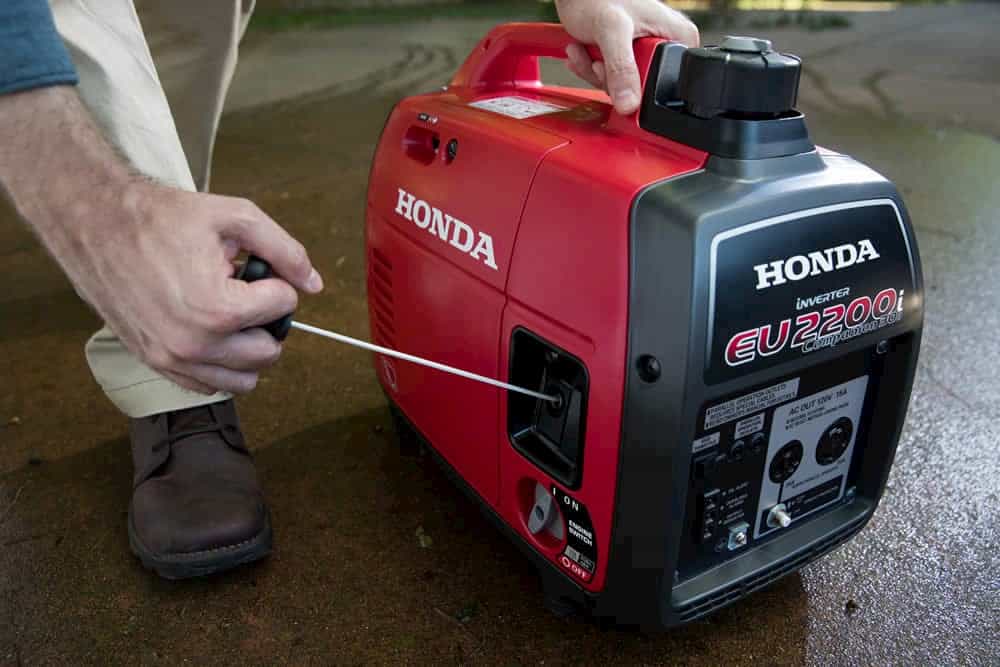
#1. Honda EU3000iS
This tiny generator, which is the larger sibling of the Honda EU2200i, is a wonderful source of power for RVs with AC units, refrigerators, and a microwave to operate.
All of your onboard gadgets will be supported by this Honda generator’s increased power.
It includes an electric starting and a recoil starter in case the power goes out.
It may also be linked to another of its sort to increase its power by a factor of two.
Thanks to its dedicated 12V, 12A DC output, it may also be used to jump-start an automobile.
This generator weighs 131 pounds and generates 3000 watts when turned on and 2800 watts while operating.
Wheels are not included, but they may be purchased separately.
The Honda EU3000i Handi is a smaller, more portable wheeled version of the Honda EU3000i that produces somewhat less power.
#2. Yamaha EF3000iS
This Yamaha features extra-low operating noise, much as the 2000-watt model, thanks to its proprietary Noise-Block technology.
It’s 136 pounds and has wheels for convenient transportation.
It has a 3000 watt starting power and a 2800 watt operating power.
It may also be linked to another unit to provide a total of 6000 watts of starting and 5600 watts of operating power.
There is no electronic start on this model, thus it must be started by recoil.
#3. Honorable Mentions for Generators with a Power Output of 3000-Watts
If you want more convenience, the Briggs & Stratton 30545 P3000 PowerSmart Series is 85 pounds lighter and comes with a USB connector for charging personal gadgets.
It does, however, produce significantly less power, with 3000 watts at starting and 2600 watts in regular operation.
Consider the Firman W03081 for an excellent portable generator with higher power.
It weighs 97 pounds, has wheels, and produces 3300 watts at starting and 3000 watts while running.
Last Thoughts
Reliable compact generators are crucial for comfortable living while going off the grid in your RV.
While each RV owner’s power requirements will certainly vary, an inverter-style generator is always suggested.
These inverter generators provide a constant power supply that will not harm your gadgets.
Consider all of the gadgets and appliances you’ll need to power, how many you’ll need to power at once, and the starting power required for your biggest appliances when choosing a generator size.
Determine if weight or space will be a problem for you to carry and transfer.
Additionally, choose one that can be daisy-chained to another generator so you can always double your power on the fly if necessary.

